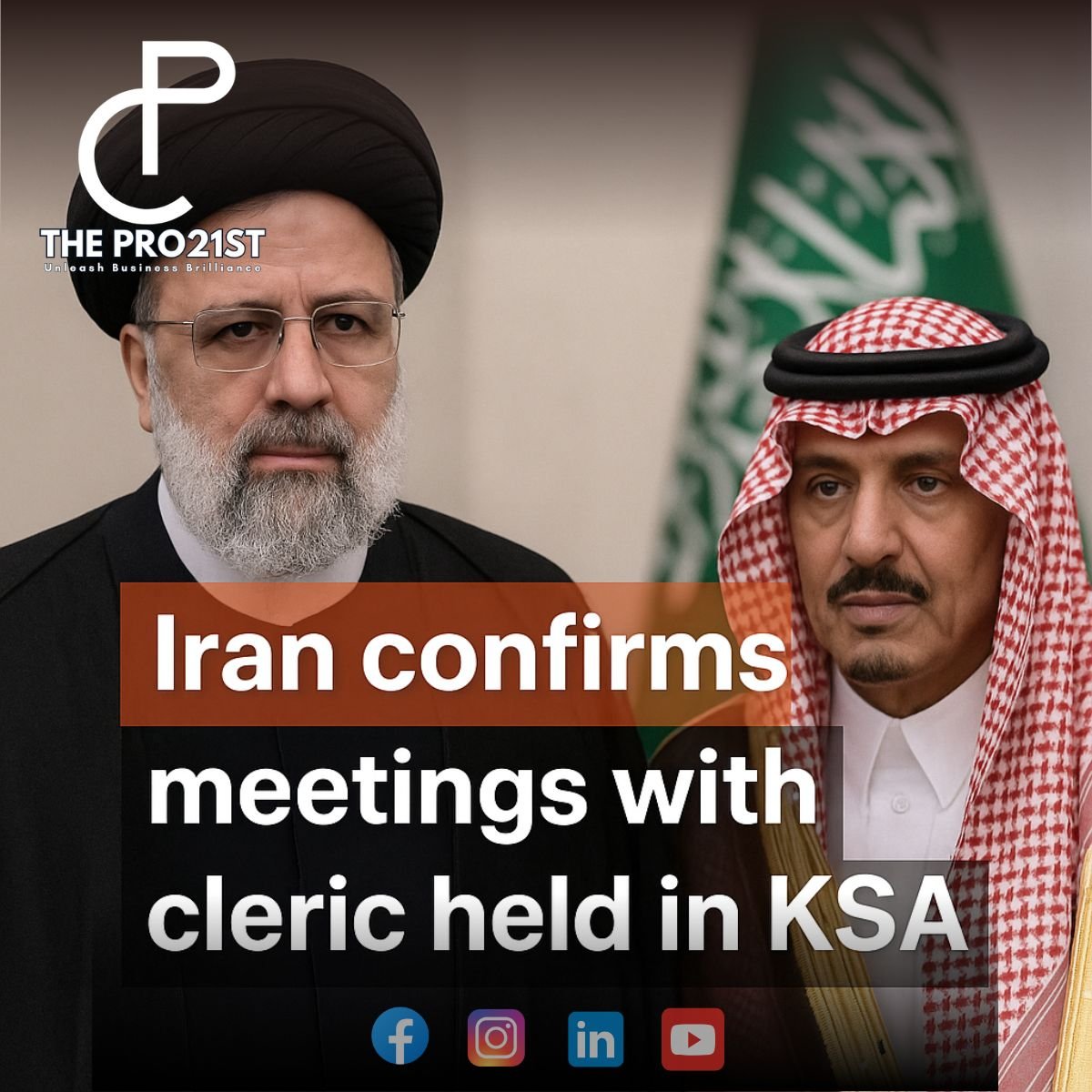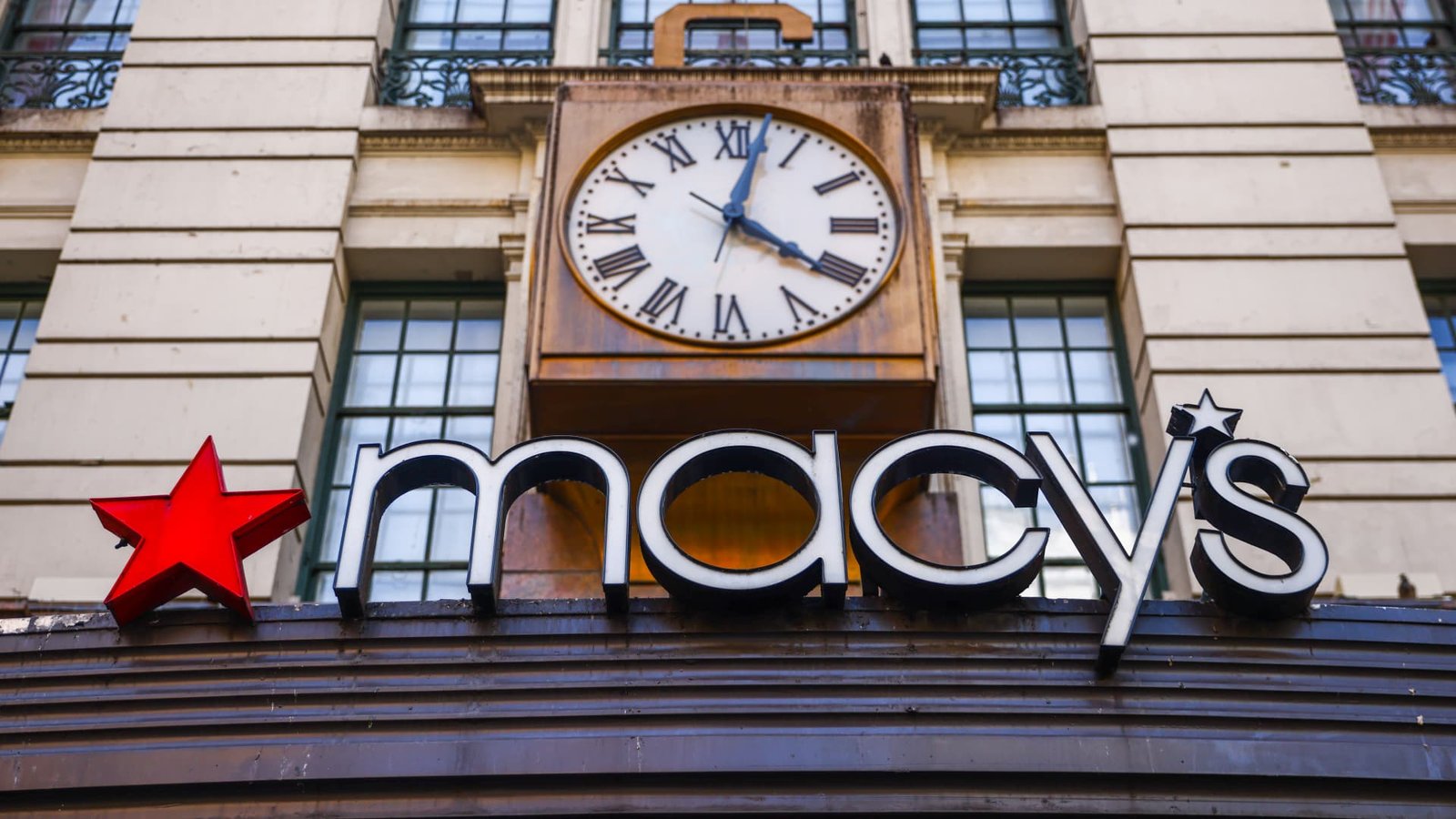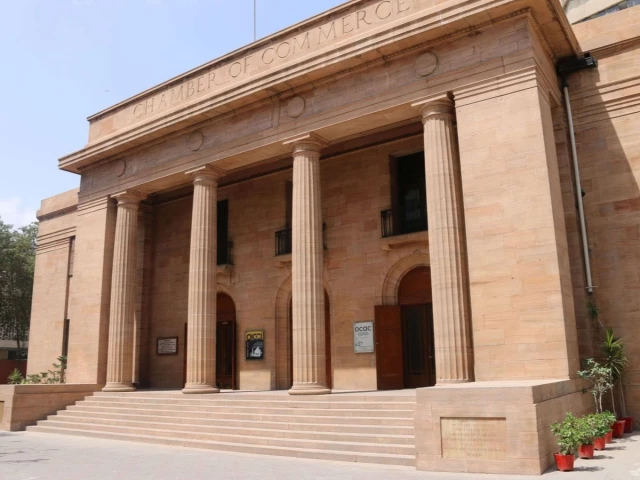Iran Confirms Meetings With Cleric Held in KSA: Diplomatic Efforts Intensify After Hajj Detainment
Iran confirms meetings with cleric held in KSA, as diplomatic efforts gather pace following the arrest of Gholamreza Ghasemian during this year’s Hajj pilgrimage. The prominent Iranian cleric generated international attention after a video surfaced where he openly criticized the Saudi government amidst the sacred religious proceedings. With millions of pilgrims in Mecca, his arrest has furthered tensions between the two regional powerhouses, marking another episode in their complex relationship. As official channels work behind closed doors to ensure Ghasemian’s welfare, the episode highlights sensitive intersections of faith, diplomacy, and expression in the Islamic world.
Why Was Gholamreza Ghasemian Detained During Hajj?
According to Iran’s semi-official ISNA news agency, Gholamreza Ghasemian—an influential cleric and religious educator—was detained in Saudi Arabia after a video circulated online. In the video, Ghasemian, clad in the traditional white garments (ihram) of Hajj pilgrims, accused Saudi leaders of converting the sacred Qibla, the focal point for Islamic prayer, into “a place for gambling houses, centers of debauchery, and obscene concerts.”
Saudi authorities have not publicly confirmed his arrest or detailed the charges, a silence that has further stirred media speculation and concern among the Iranian public.
Consular Meetings and Iran’s Swift Response
The immediate reaction by Iran demonstrates both the country’s resourcefulness in protecting its nationals and a calculated diplomatic approach. Alireza Bayat, head of Iran’s Hajj organization, confirmed to ISNA that Iranian officials have engaged in three separate consular meetings with Ghasemian, closely coordinating efforts with Iran’s embassy and consulate in Jeddah.
Key highlights of Iran’s consular activity include:
– **Prompt engagement:** Iranian officials secured access to Ghasemian shortly after reports of his detainment emerged.
– **Consular protection:** The meetings ensured that Ghasemian’s rights as a detainee were being considered under international conventions.
– **Coordination with local authorities:** Close collaboration with Saudi consular staff aimed at clarifying his situation.
This rapid diplomatic mobilization aligns with Iran’s broader strategy of safeguarding its citizens abroad, particularly during mass gatherings such as Hajj where political sensitivities often run high.
Saudi-Iranian Tensions: The Bigger Picture
Iran and Saudi Arabia, the two powerhouses of the Muslim world, often find themselves at odds over political, religious, and regional issues. The annual Hajj, which brings millions of Muslims together from across the world, is frequently a flashpoint for these tensions.
Key regional dynamics at play include:
– **Historical rivalries:** Rooted in both religious differences and geopolitical competition.
– **Previous Hajj incidents:** Past years have witnessed disputes over pilgrim safety, political slogans, and consular access, occasionally leading to diplomatic rifts.
– **Efforts at rapprochement:** While 2023 saw a notable thaw, including the restoration of diplomatic ties, the arrest of Ghasemian tests this fragile detente.
Statements by Iranian Authorities and Media Coverage
Iranian media has closely followed the detention, with ISNA and other outlets reporting that Ghasemian remains in Saudi custody as officials push for clarity and resolution. Statements from Iranian authorities underscore the following:
– A commitment to Ghasemian’s well-being and legal rights;
– Calls for Saudi transparency and the release of evidence or specific charges;
– Appeals to international norms regarding freedom of religious expression.
Although Saudi officials have remained quiet, citing the sensitive nature of the case, the incident is garnering attention across the Muslim world and among international human rights organizations.
The Role of Faith, Free Speech, and International Law
The arrest of Ghasemian spotlights ongoing debates about the balance between religious freedoms, freedom of expression, and the limits imposed by host countries—especially in sacred contexts like Hajj. For Iranian leaders and many observers, Ghasemian’s criticisms, while sharp, reflect longstanding grievances rooted in differing interpretations of Islamic practice and Saudi Arabia’s management of Mecca and Medina.
From a legal perspective:
– **Consular access is guaranteed** under the Vienna Convention on Consular Relations, to which both nations are signatories.
– Pilgrims are generally expected to refrain from political statements or actions deemed disruptive in Saudi Arabia, a principle strictly enforced by local authorities.
What This Means for Future Hajj Pilgrimages
Incidents such as Ghasemian’s detention have implications for future pilgrimages and regional diplomacy. Both sides are likely to:
1. Review security and monitoring protocols for visiting pilgrims, especially high-profile figures.
2. Enhance communication channels to preempt and resolve similar issues swiftly.
3. Reiterate guidelines for conduct during Hajj, emphasizing the non-political, spiritual nature of the event.
For Iranian pilgrims, the ongoing diplomatic response serves as reassurance that their government is actively defending their rights and interests, even abroad.
Key Takeaways: Iran Confirms Meetings With Cleric Held in KSA
– Gholamreza Ghasemian, a prominent Iranian cleric, was detained during Hajj after vocally criticizing Saudi authorities in a video.
– Iran’s Hajj officials have held three consular meetings with Ghasemian, coordinated through their embassy and consulate in Jeddah.
– The incident reignites long-standing tensions between Iran and Saudi Arabia but also demonstrates both nations’ commitment to diplomatic engagement and crisis management.
Frequently Asked Questions
What led to the arrest of Gholamreza Ghasemian during Hajj in Saudi Arabia?
Ghasemian was reportedly detained after a video surfaced where he criticized the Saudi government’s stewardship of Islamic holy sites. Saudi authorities have not publicly commented on the arrest or specified any charges.
What has Iran done to assist Ghasemian following his detention?
Iranian Hajj officials have held three consular meetings with Ghasemian and are working closely with diplomatic missions in Jeddah to secure his rights and obtain more information about his legal situation.
Has Saudi Arabia confirmed Ghasemian’s arrest?
No, as of now, Saudi authorities have neither confirmed nor denied the arrest in public statements, contributing to ongoing uncertainty and widespread media coverage.
What impact does this incident have on Iran-Saudi relations?
While diplomatic ties were recently restored, such incidents highlight ongoing sensitivities and the need for robust consular cooperation during major events like Hajj.
Are there risks for other pilgrims engaging in political speech during Hajj?
Yes, Saudi Arabia has strict regulations prohibiting political demonstrations or criticism during Hajj, with potential for detainment or deportation for violators, regardless of nationality.
Stay Updated on Middle East Religious Affairs
This ongoing situation is a powerful reminder of how faith, politics, and individual rights intersect in global affairs. To stay informed on developments regarding Iran, Saudi Arabia, and important events in the Muslim world, subscribe to our newsletter. Join our community for expert analysis, up-to-the-minute reports, and insightful perspectives on stories that matter.
Don’t miss out—follow our blog for the latest updates on diplomatic relations, religious freedoms, and international news from the heart of the Middle East.





